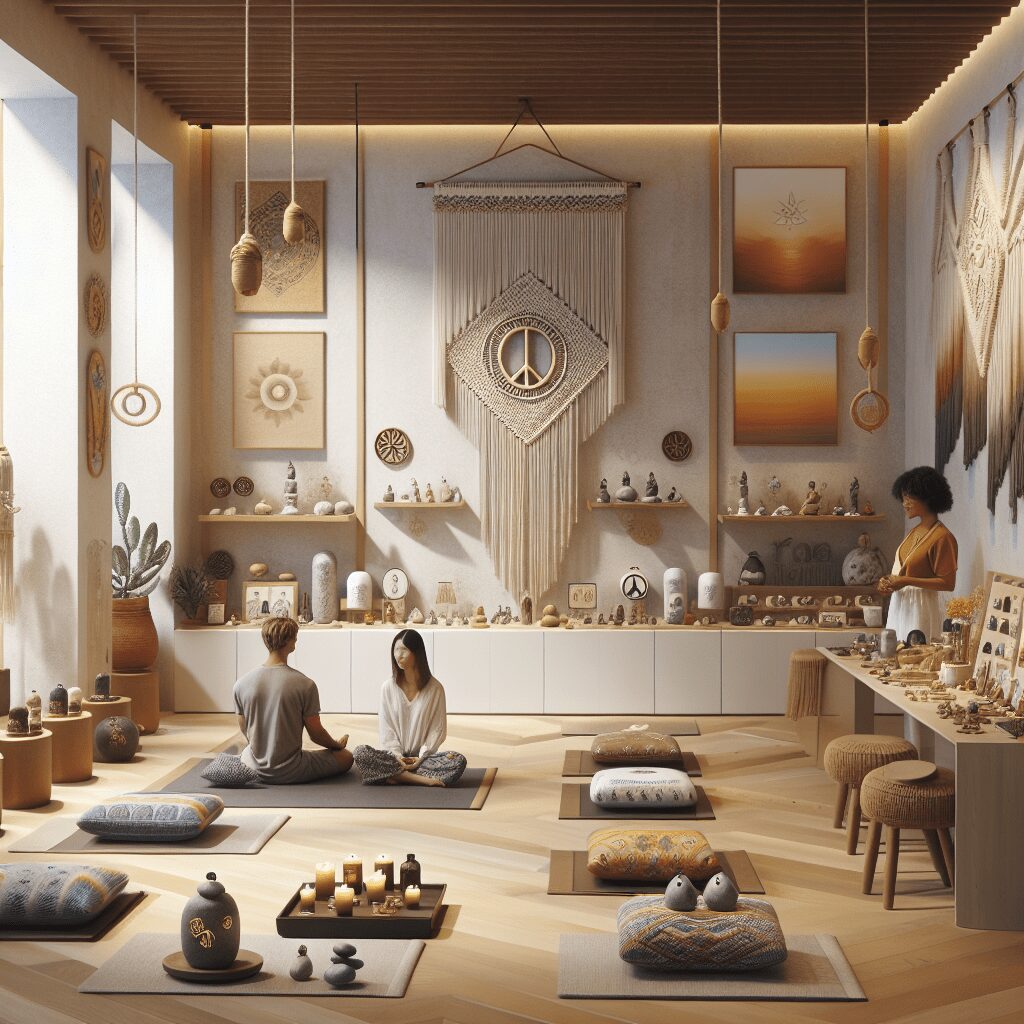
Prioritize your mental well-being daily. Enhance your life by nurturing your mental health with the Smart Meditation app. Break free from stress, alleviate anxiety, and enhance your sleep quality starting today.
Can Anxiety Cause Visual Hallucinations?
Unraveling the Mystery: Can Anxiety Trigger Visual Hallucinations?
In the kaleidoscopic realm of mental health, anxiety often takes center stage, affecting millions with its invisible grip. It’s no secret that it can manifest in a myriad of ways – sweaty palms, racing heart, a mind buzzing like a beehive. But one question that often bewilders many is whether anxiety can cause visual hallucinations. Well, buckle up, as we delve into this intriguing intersection of anxiety and sensory experiences.
The Surprising Link Between Anxiety and Hallucinations
Visual hallucinations, the phenomenon where one sees something that isn’t there, have traditionally been associated with more severe mental health conditions such as schizophrenia or bipolar disorder with psychotic features. However, turning the tables on what we once believed, recent explorations into the complexity of anxiety disorders have shed some light on a surprising revelation. Yes, Virginia, in certain instances, anxiety can lead to visual hallucinations. But how, you may ask? Let’s break it down.
The Anxiety Connection
At the crux of this unusual relationship is the nature of anxiety itself. Anxiety is more than feeling stressed before a big presentation. For some, it’s an uninvited guest that overstays its welcome, leading to a chronic state known as an anxiety disorder. When anxiety hits the roof, the brain, that big ol’ command center, can get its wires crossed, leading to sensory misfires. In the heat of the moment, the brain might misinterpret visual cues or amplify shadows and light into full-blown hallucinatory experiences. It’s like a glitch in the Matrix, revealing things that aren’t actually there.
The Role of Stress and Sleep Deprivation
Dive a bit deeper, and you’ll find that stress and sleep deprivation often play the bouncers in this anxiety-hallucination nightclub. Chronic stress, a close ally of anxiety, can wreak havoc on the brain, potentially leading to temporary visual hallucinations. Add the kicker – sleep deprivation, a common side effect of anxiety – and you’ve got yourself a potent cocktail for hallucinatory experiences. Sleep is essential for the brain to rest and reset. Skimp on those ZZZs, and you might find yourself seeing more than just sheep.
The Not-So-Hallucinatory Tale of Charles Bonnet Syndrome
While we’re dissecting this enigma, let’s take a quick detour to a related, yet distinct condition known as Charles Bonnet Syndrome (CBS). Predominantly occurring in individuals who have experienced significant vision loss, CBS involves vivid, complex visual hallucinations. It’s the brain’s way of compensating for lost visual input. Though not directly linked to anxiety, CBS underscores the intricate ways the brain can conjure images, blurring the lines of reality.
Navigating Through the Mirage: What to Do?
Encountering a hallucination can be akin to navigating a ship through foggy waters. If you or someone you know experiences visual hallucinations amidst the tempest of anxiety, here’s a compass to guide you through:
- Seek Professional Help: A mental health professional can help untangle the knot of symptoms and address the underlying causes.
- Rest Up: Prioritize sleep and relaxation. Giving your brain the break it deserves can help reduce the incidence of hallucinations.
- Stress Management: Incorporate stress-reducing techniques such as mindfulness, meditation, or gentle exercise into your daily routine.
In the grand tapestry of mental health, the intertwining of anxiety and visual hallucinations serves as a reminder of the brain’s complexity. While the likelihood is low, and further research lights the path ahead, understanding this phenomenon can pave the way for compassion, treatment, and ultimately, relief.
So next time you’re in the throes of anxiety and see something that makes you do a double-take, remember: it’s just the brain doing its thing. Take a deep breath, reach out for support, and know that navigating through this mirage, you’re not alone.





